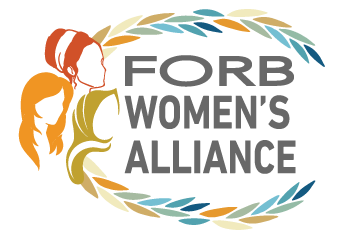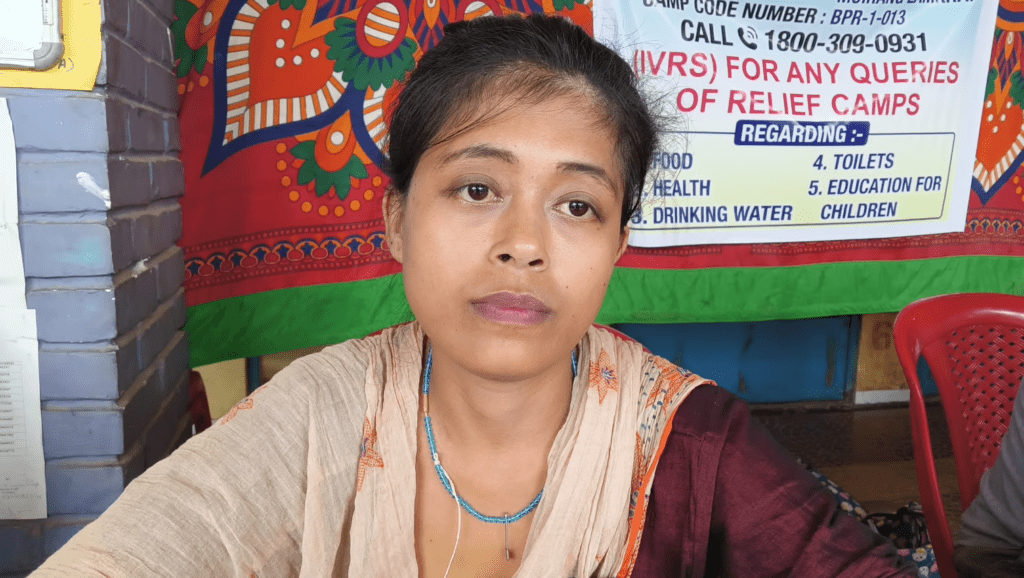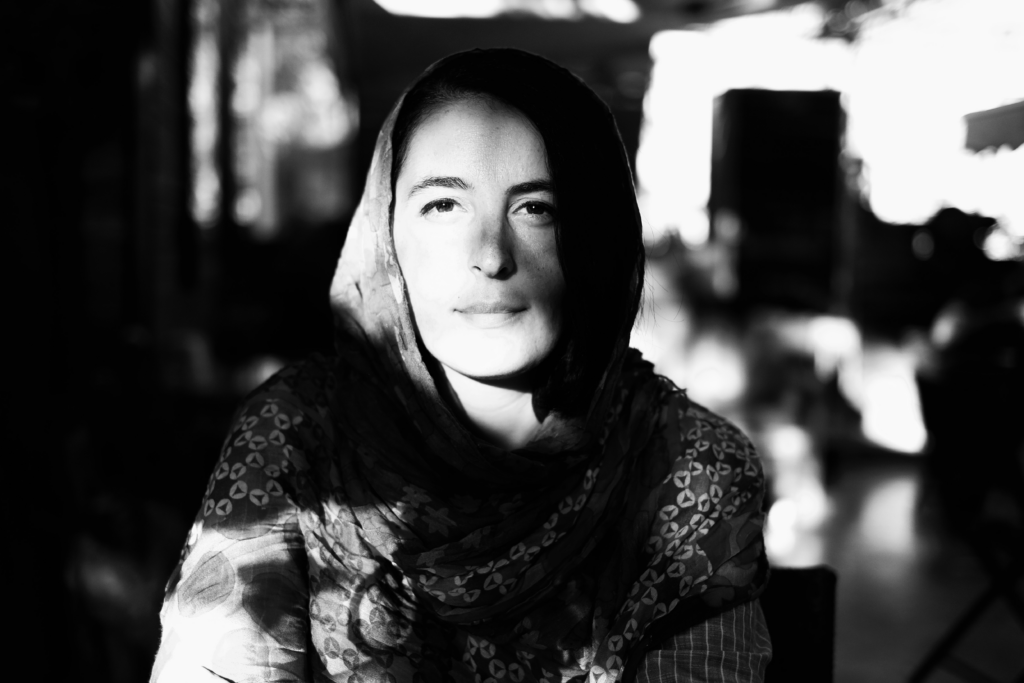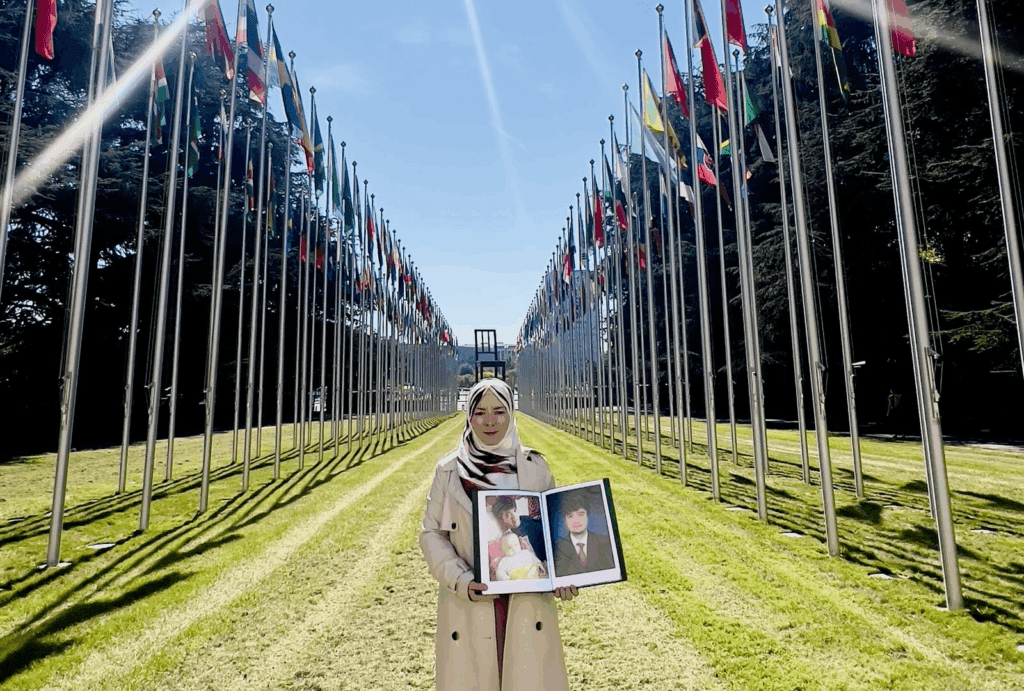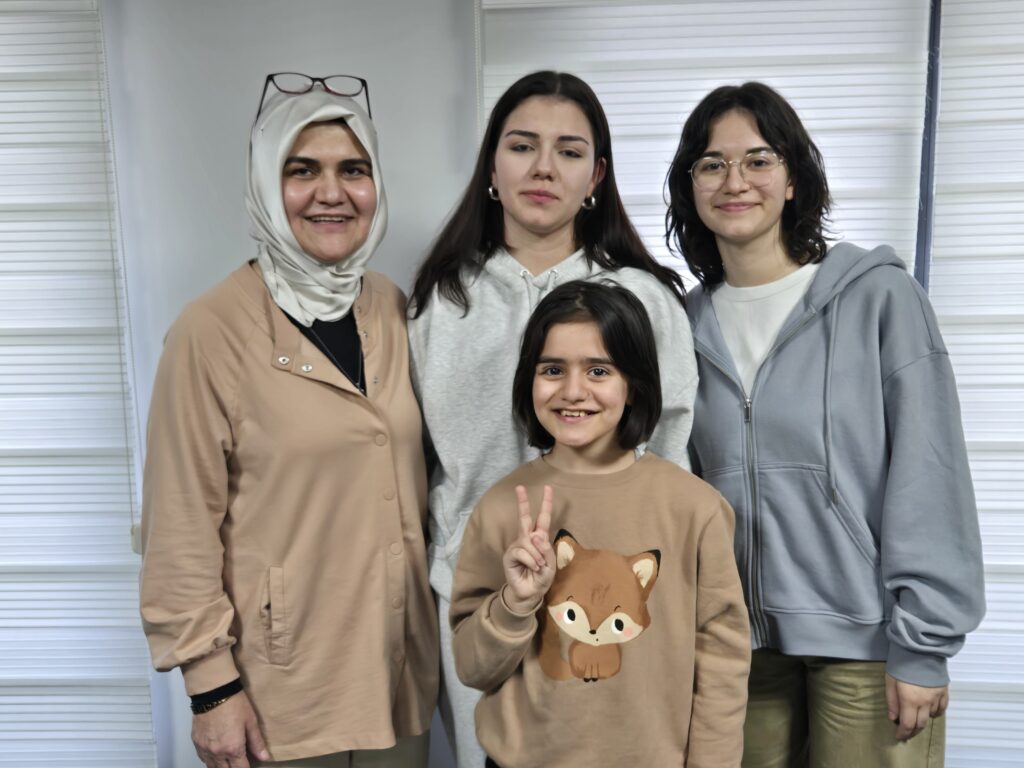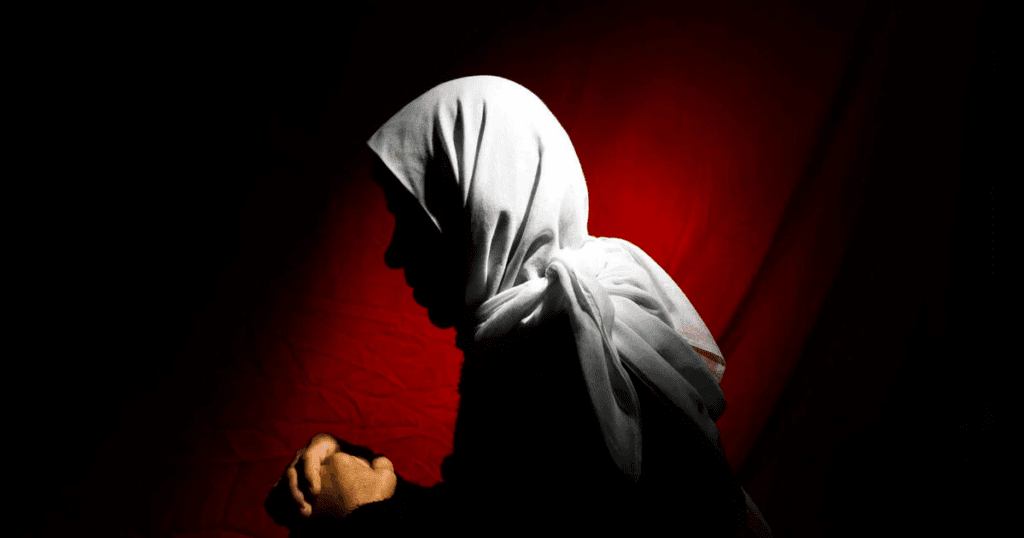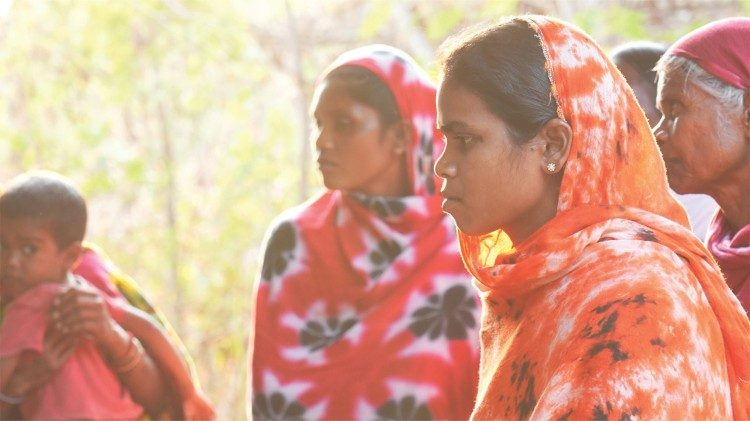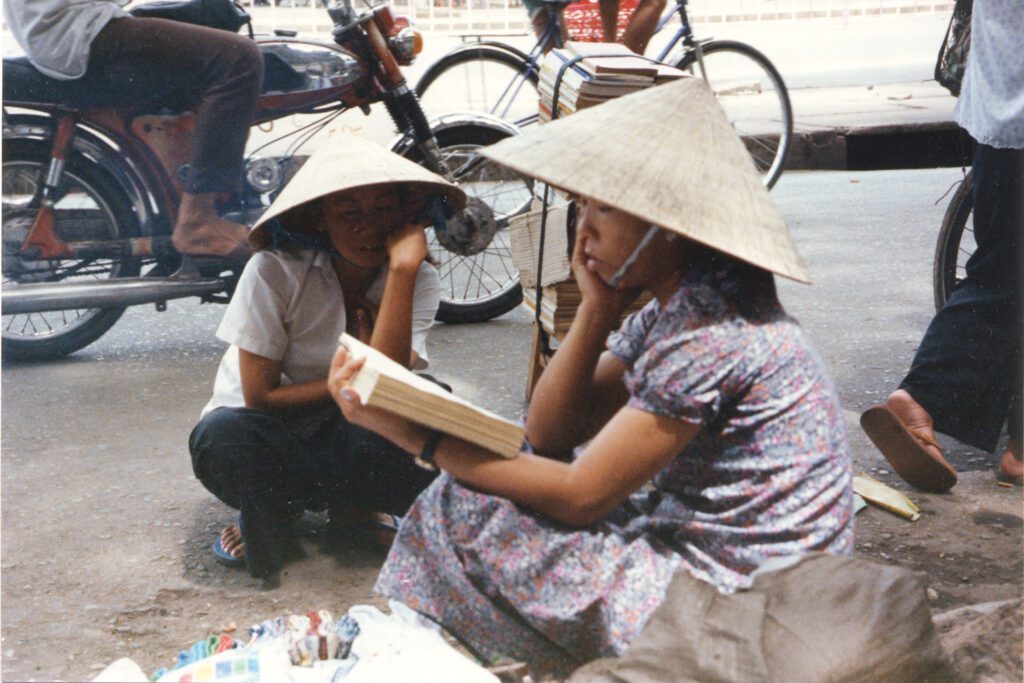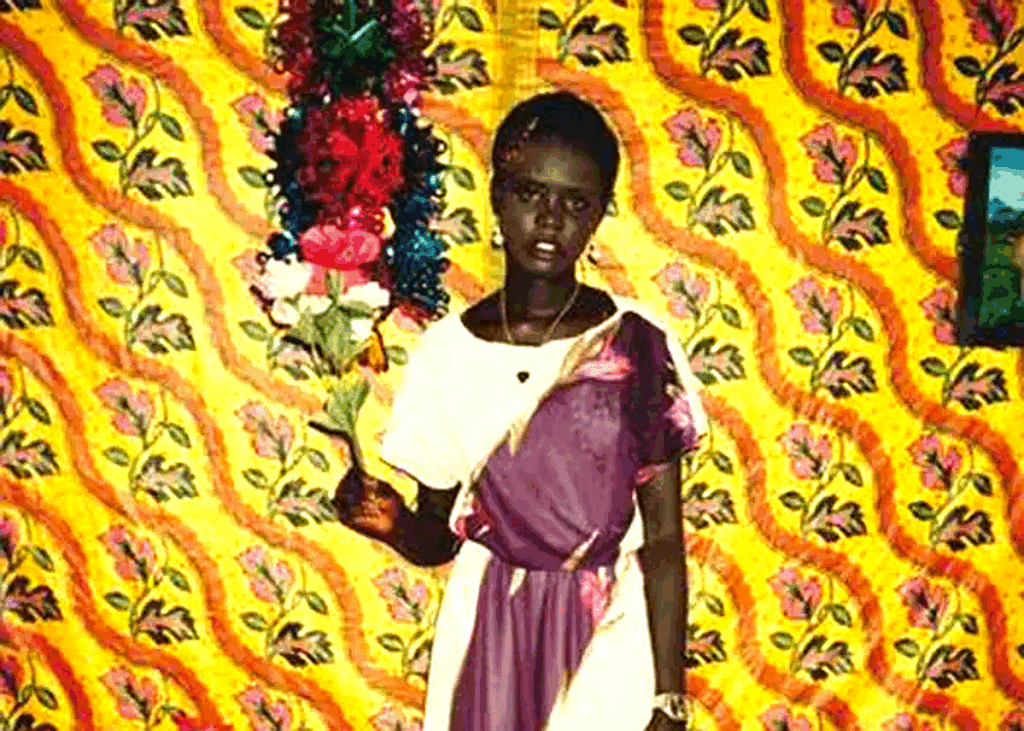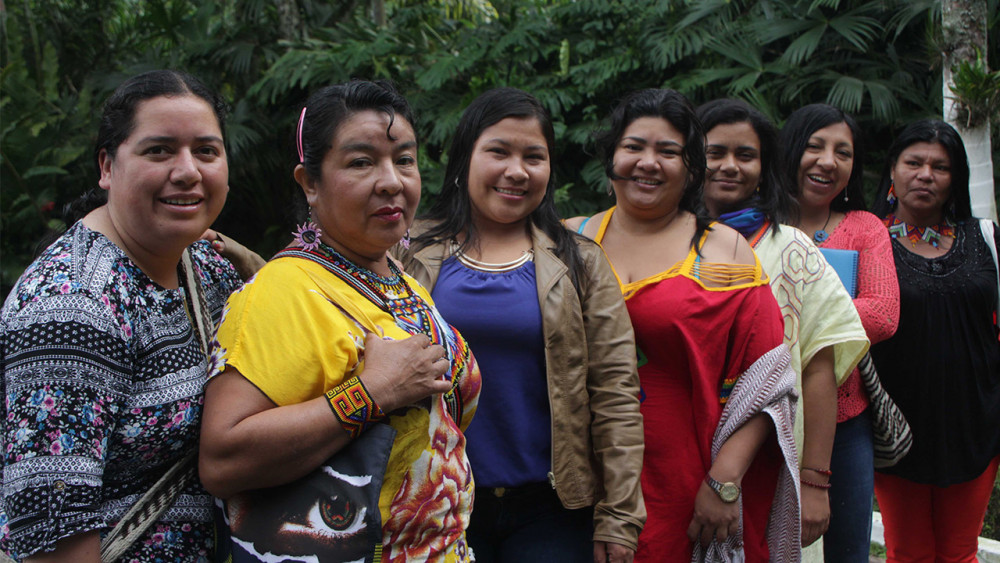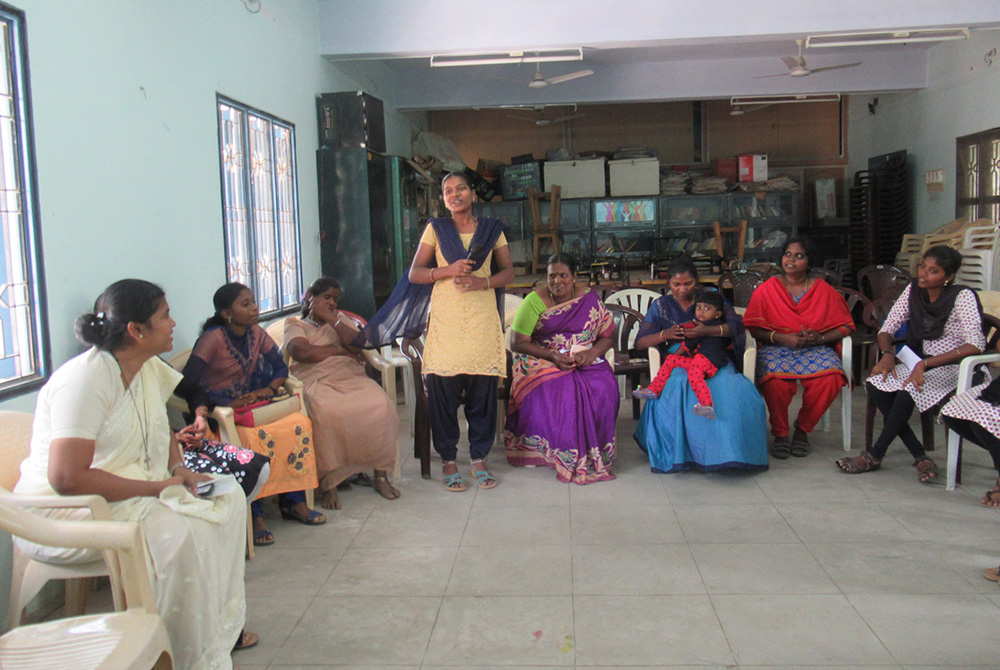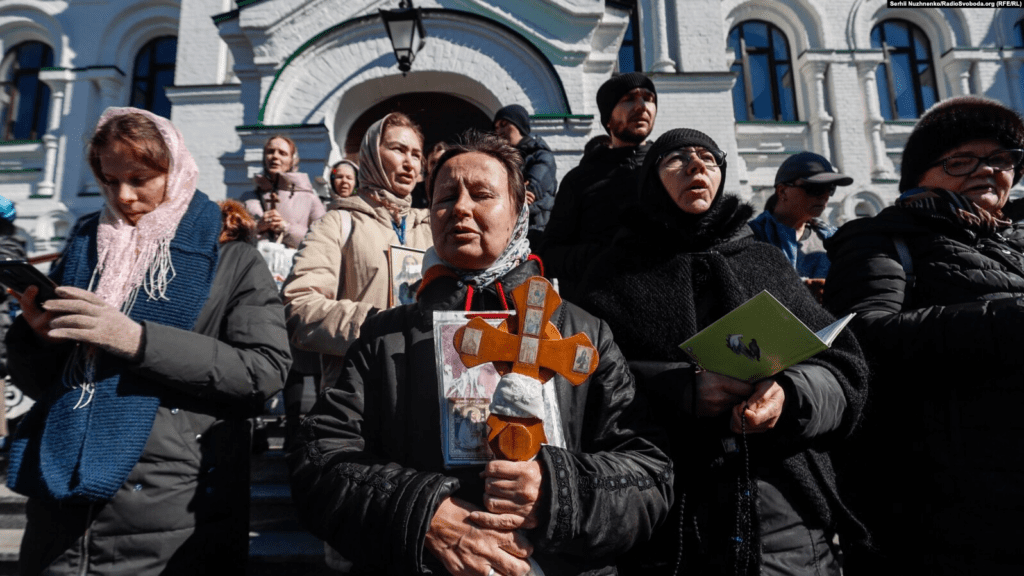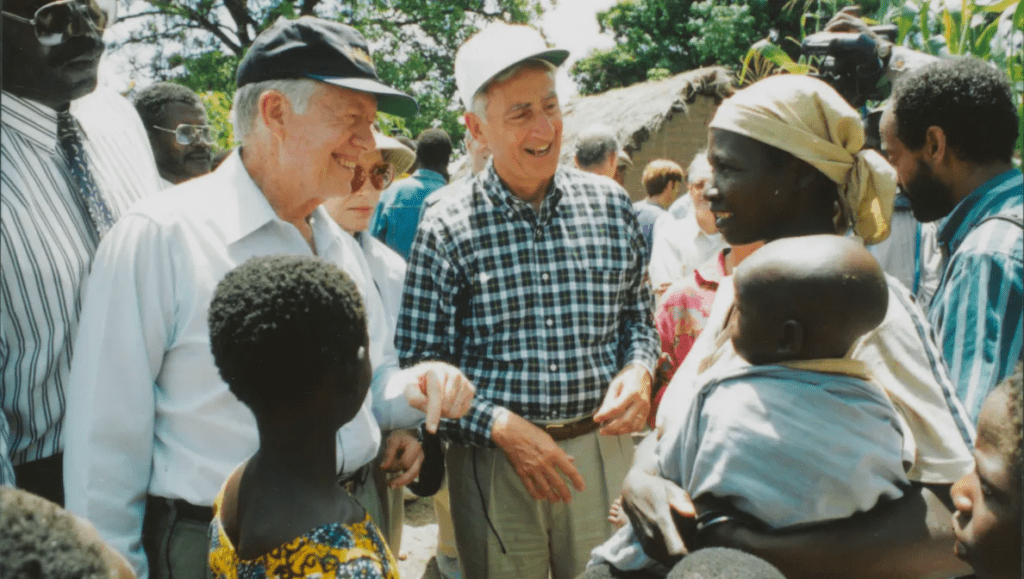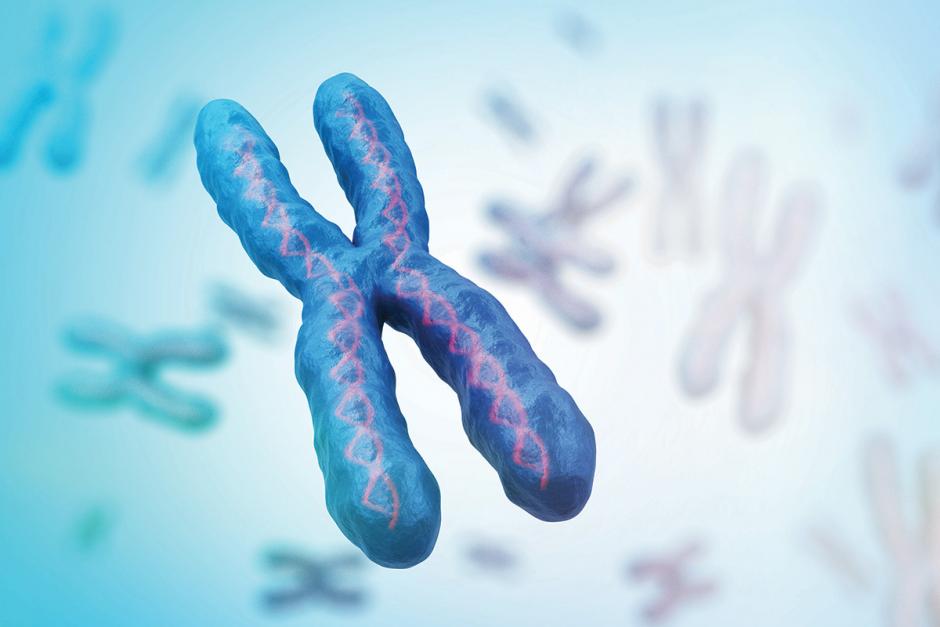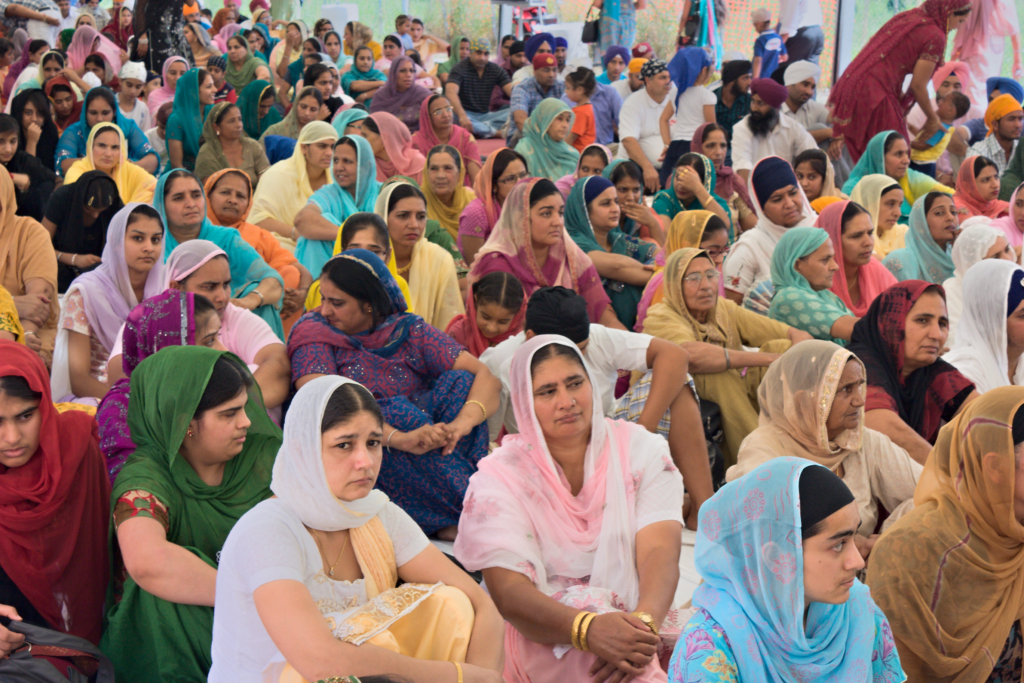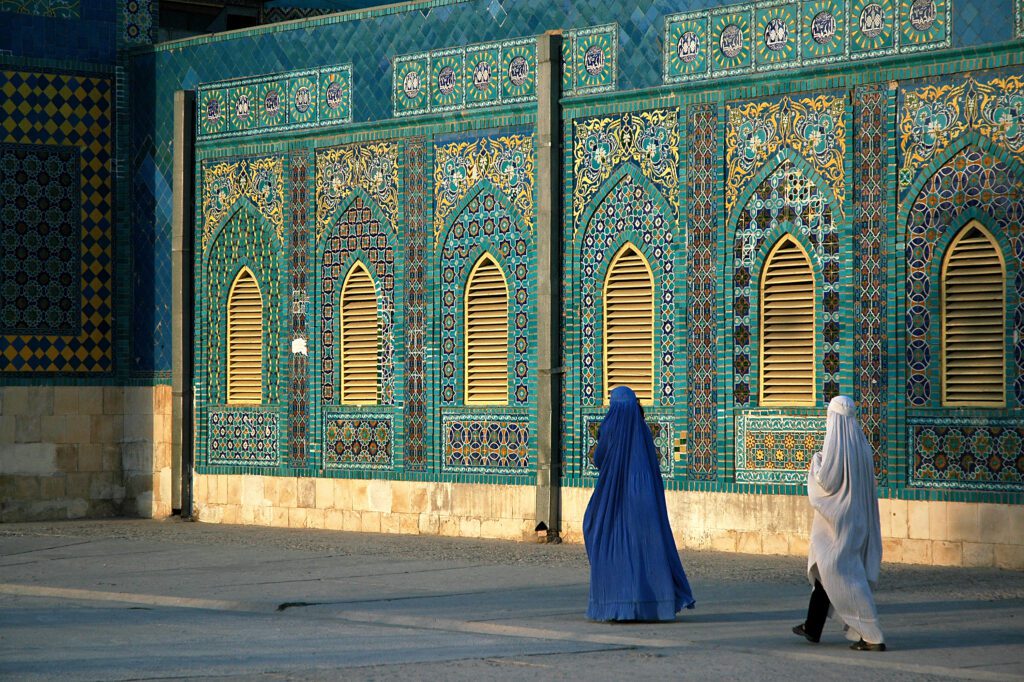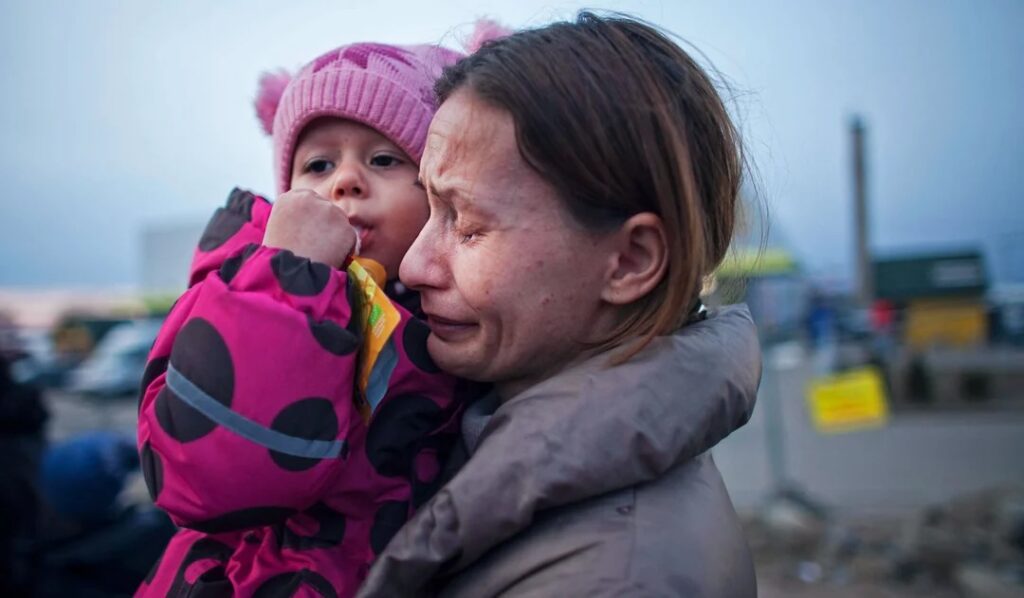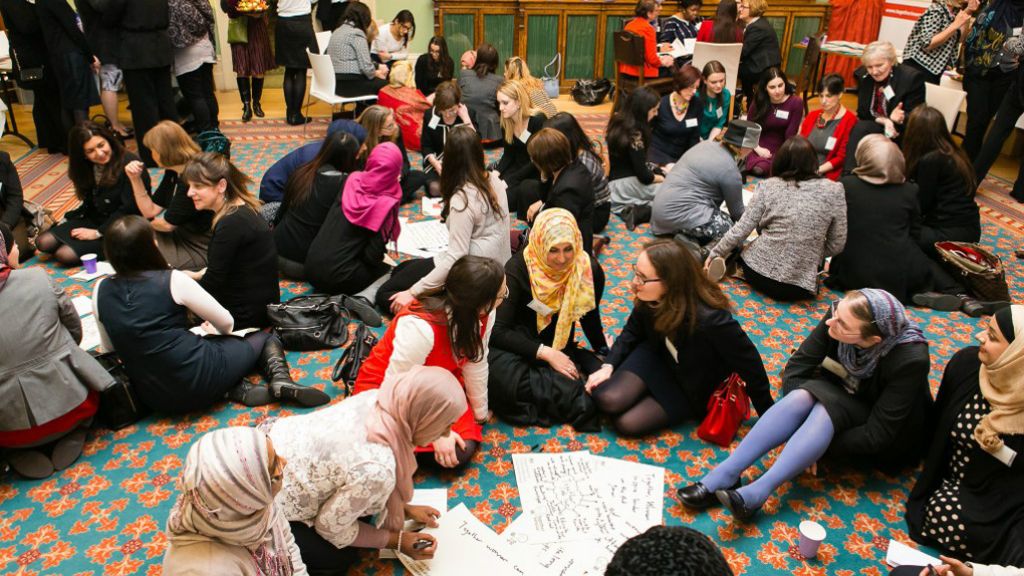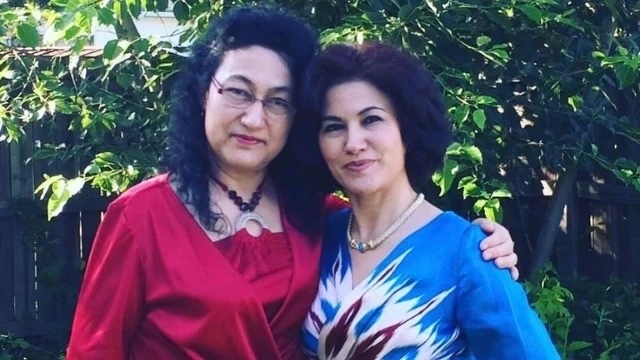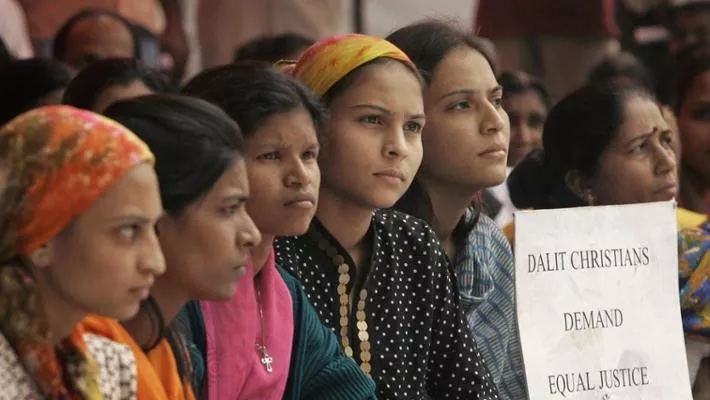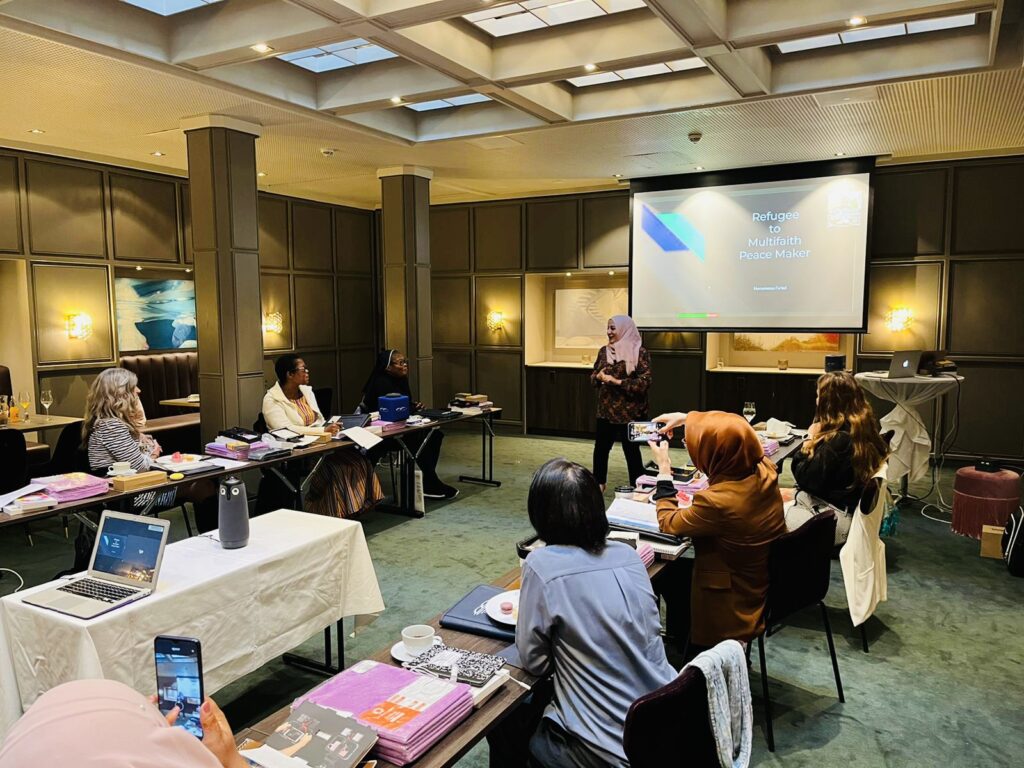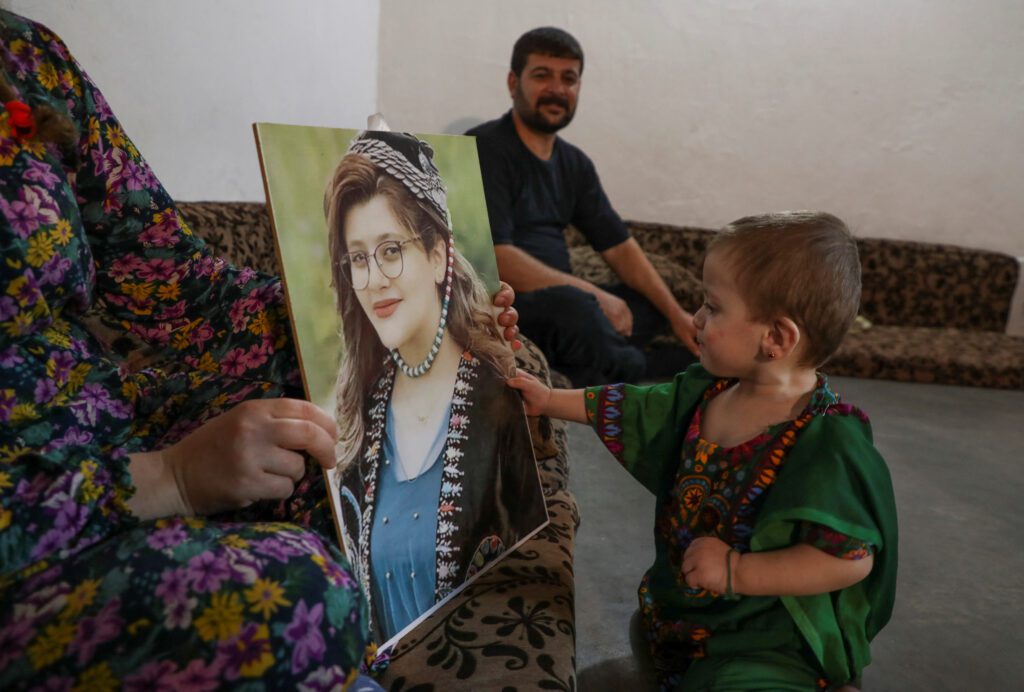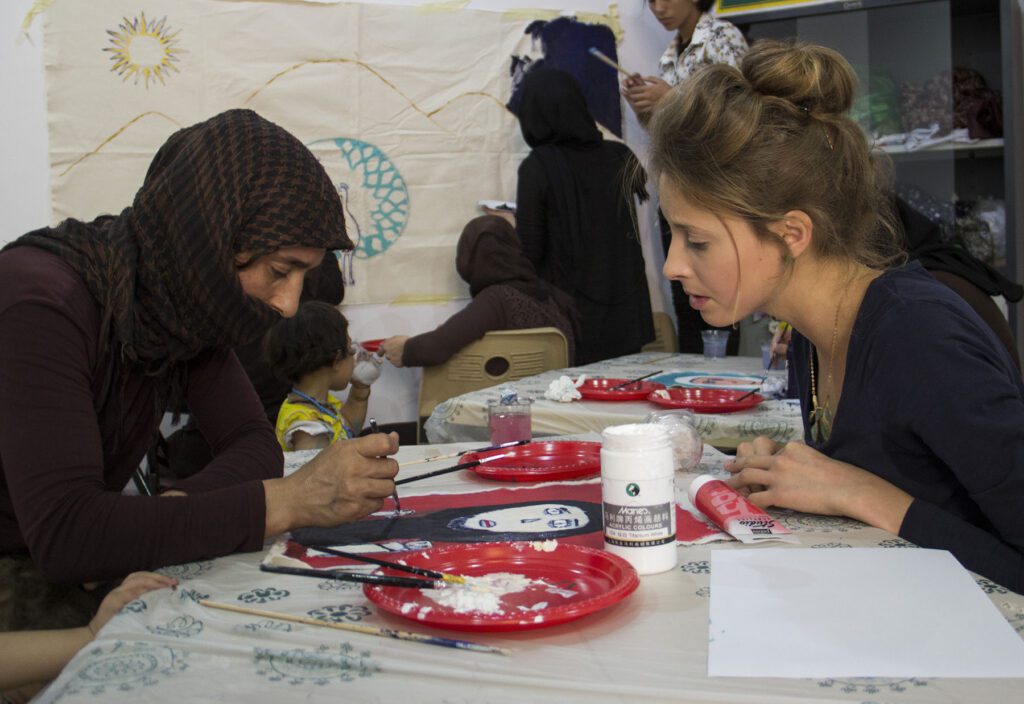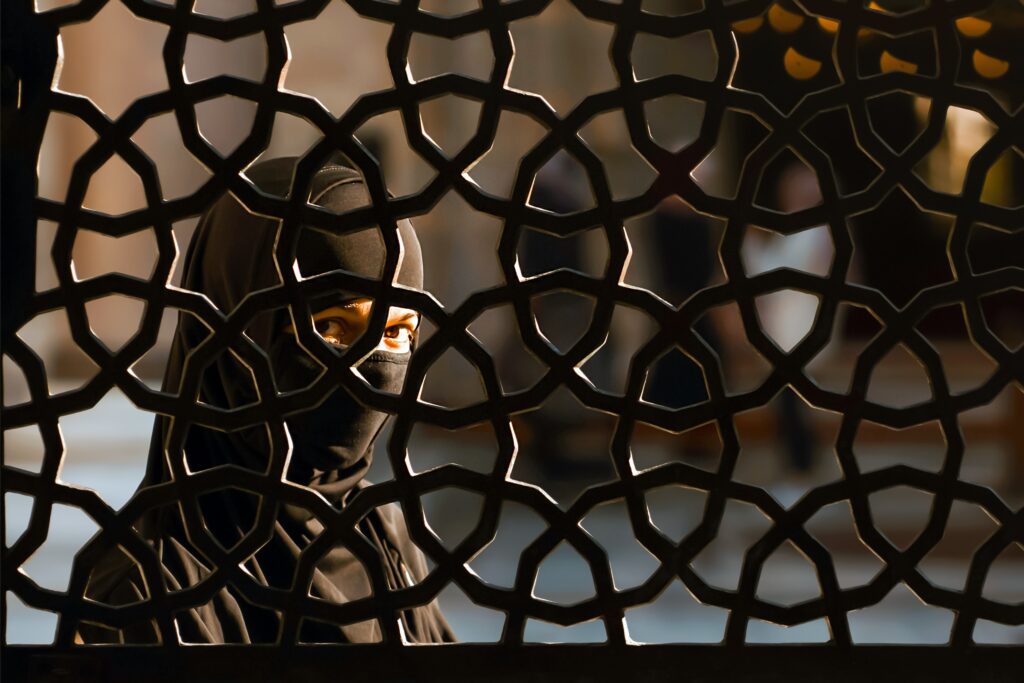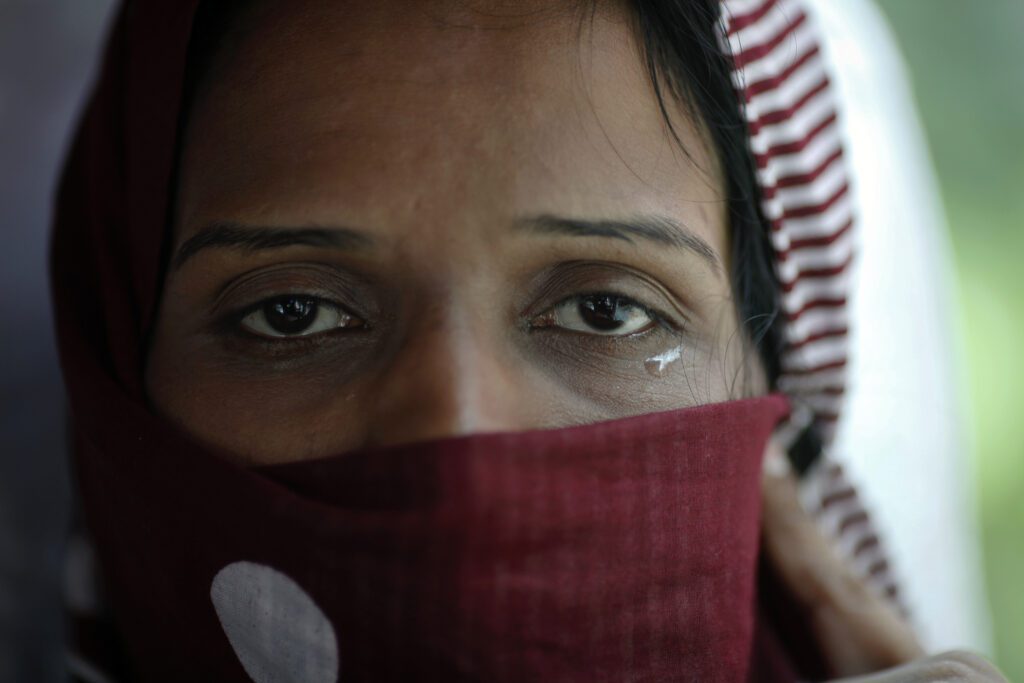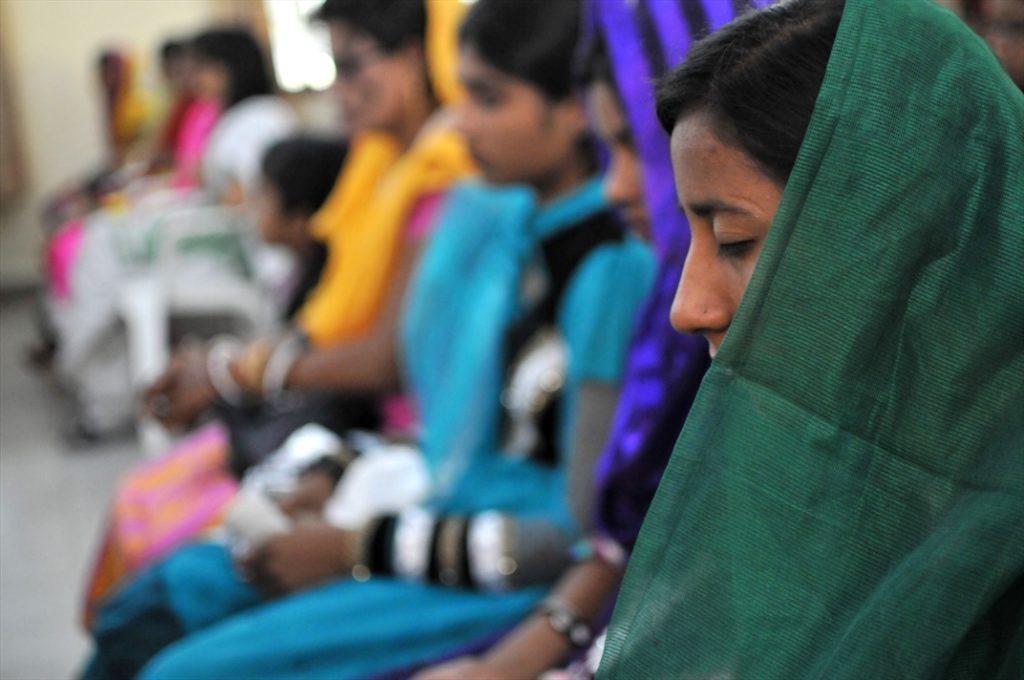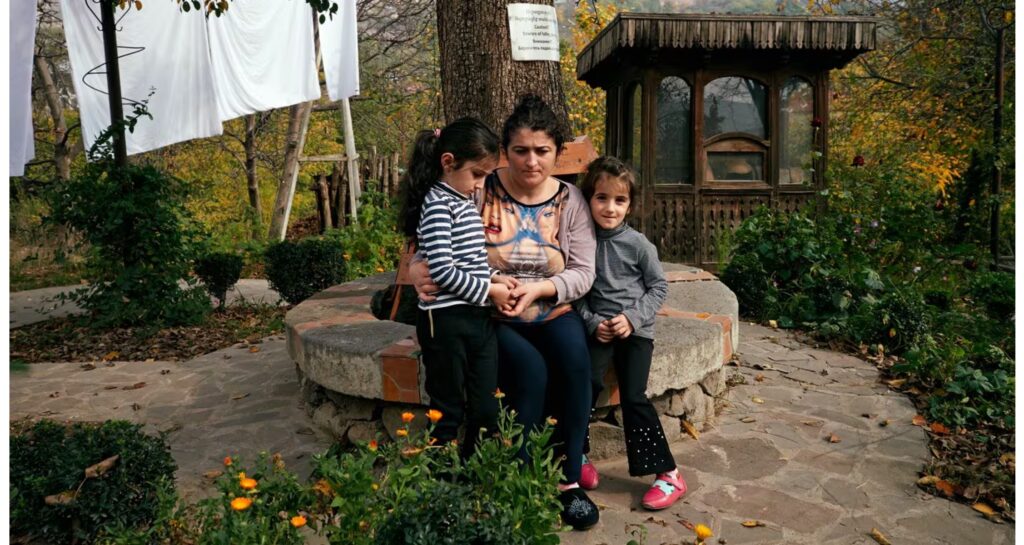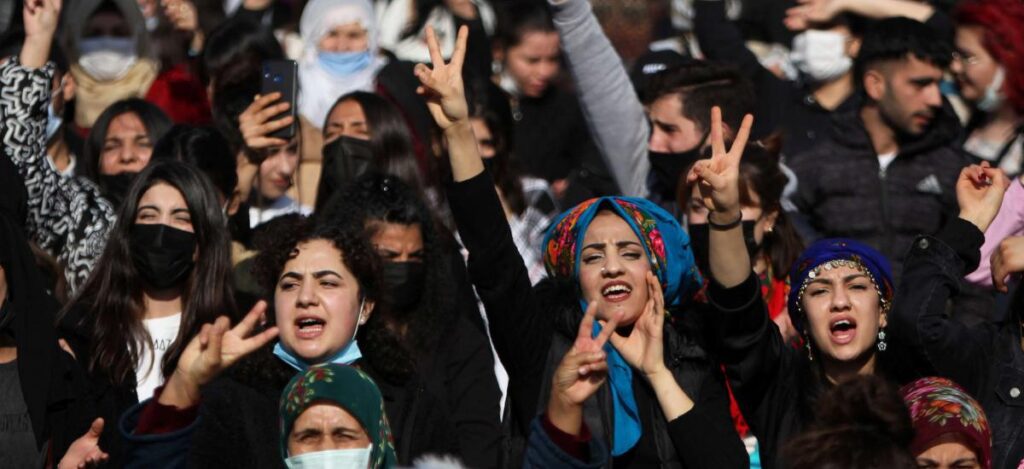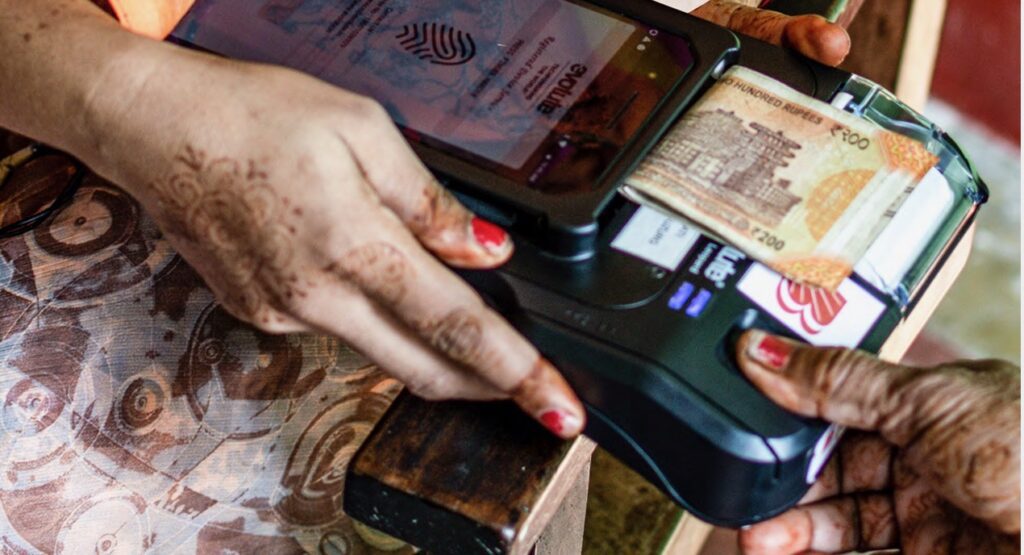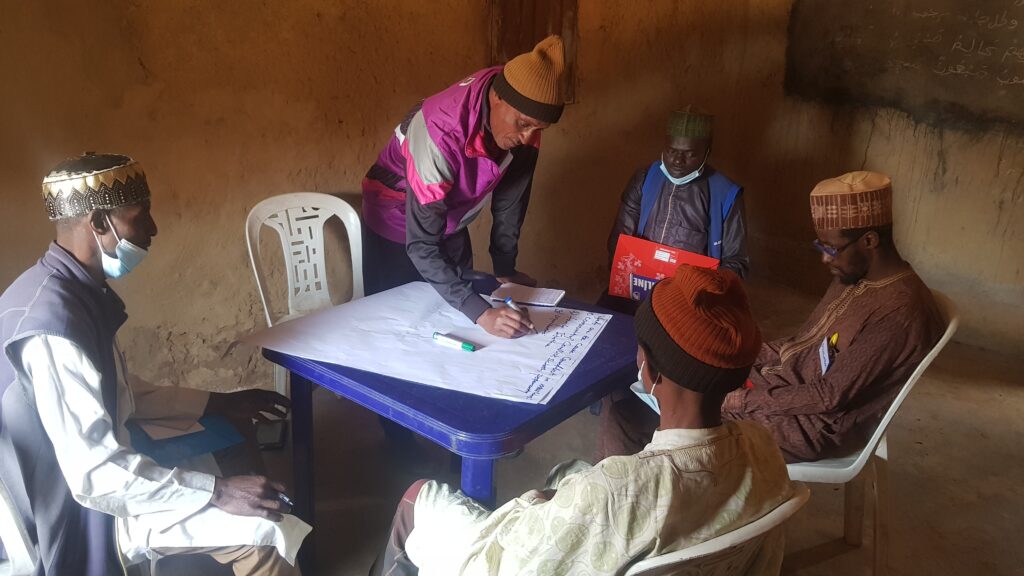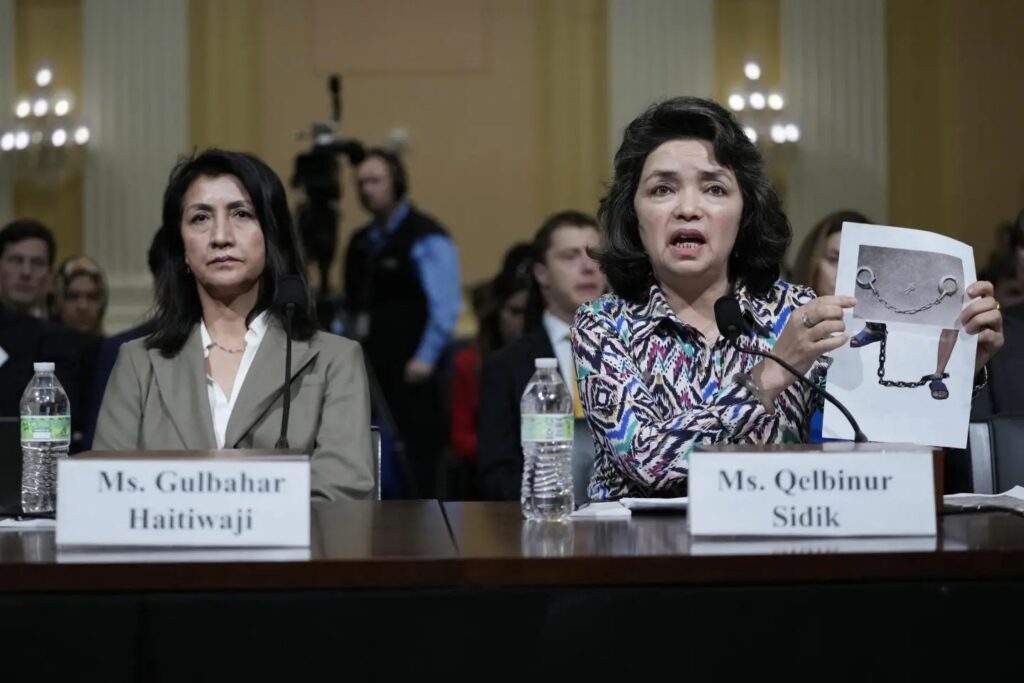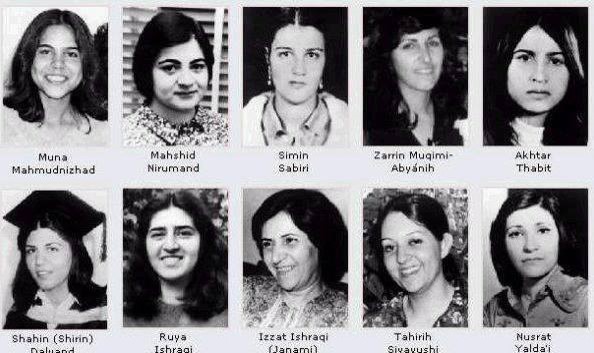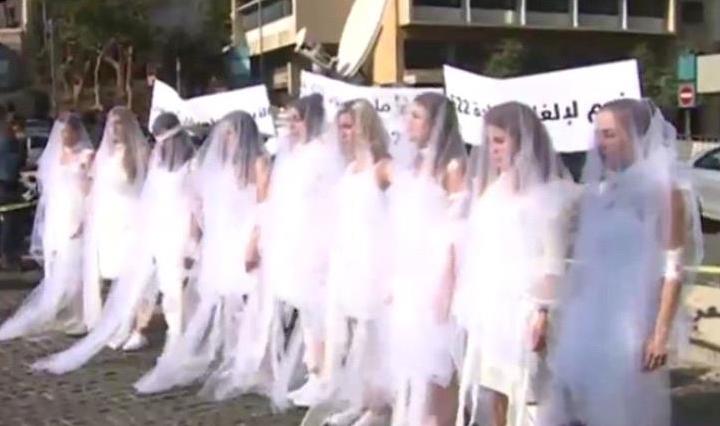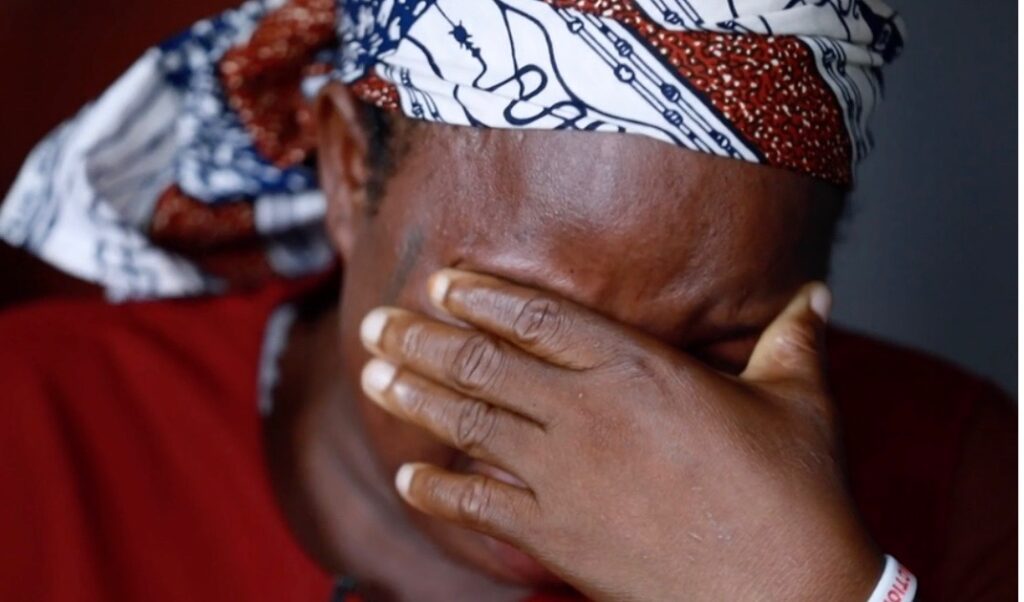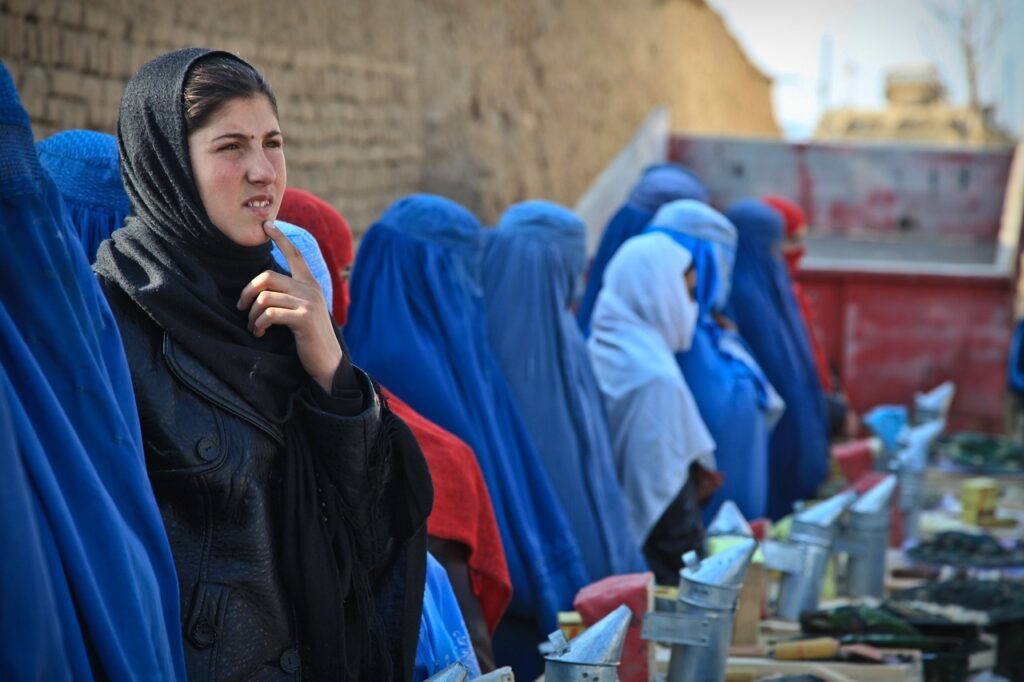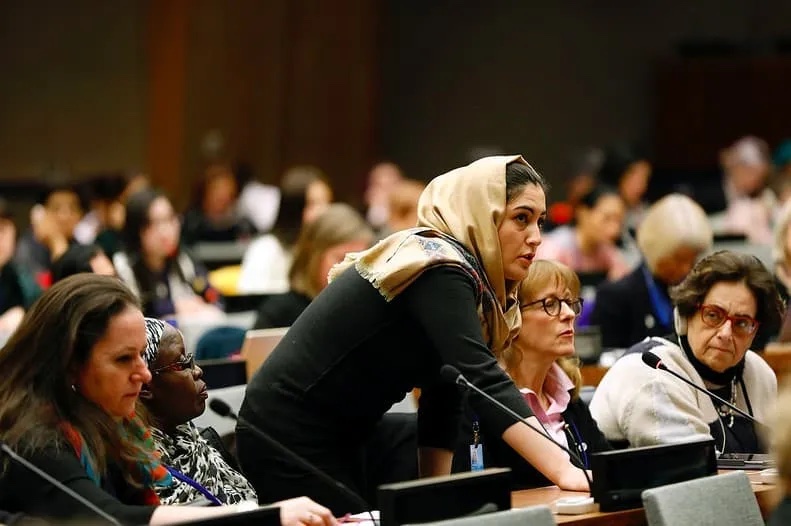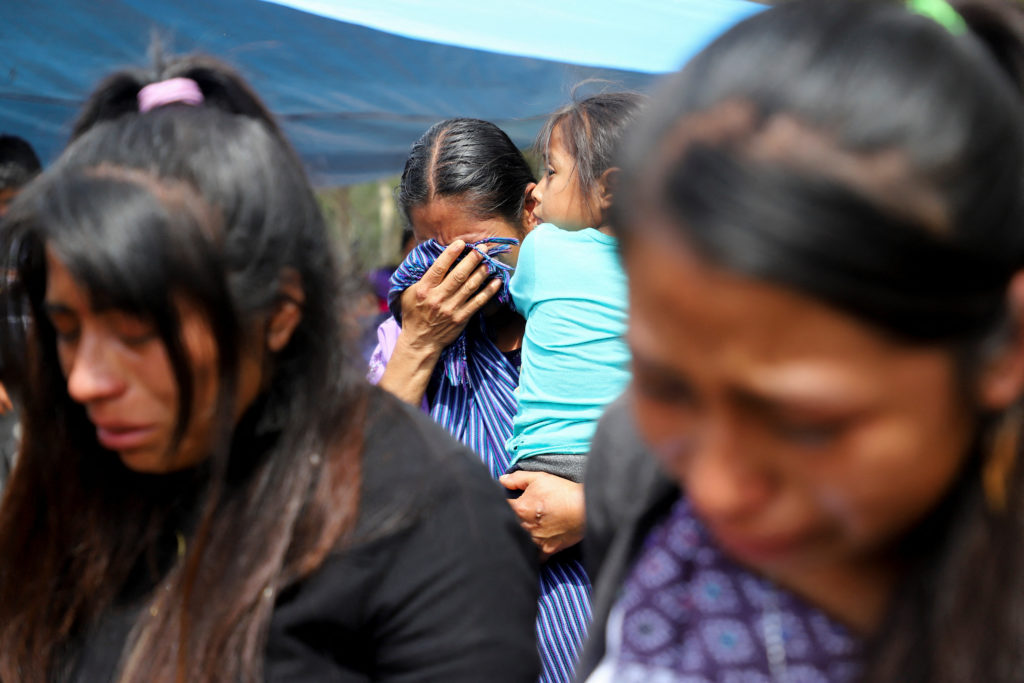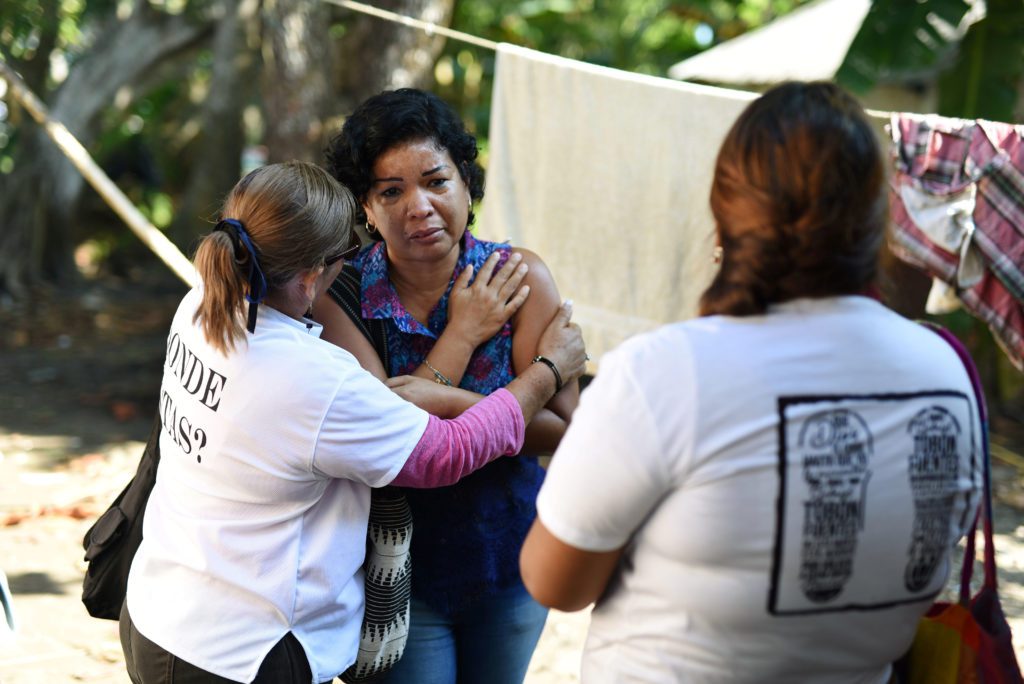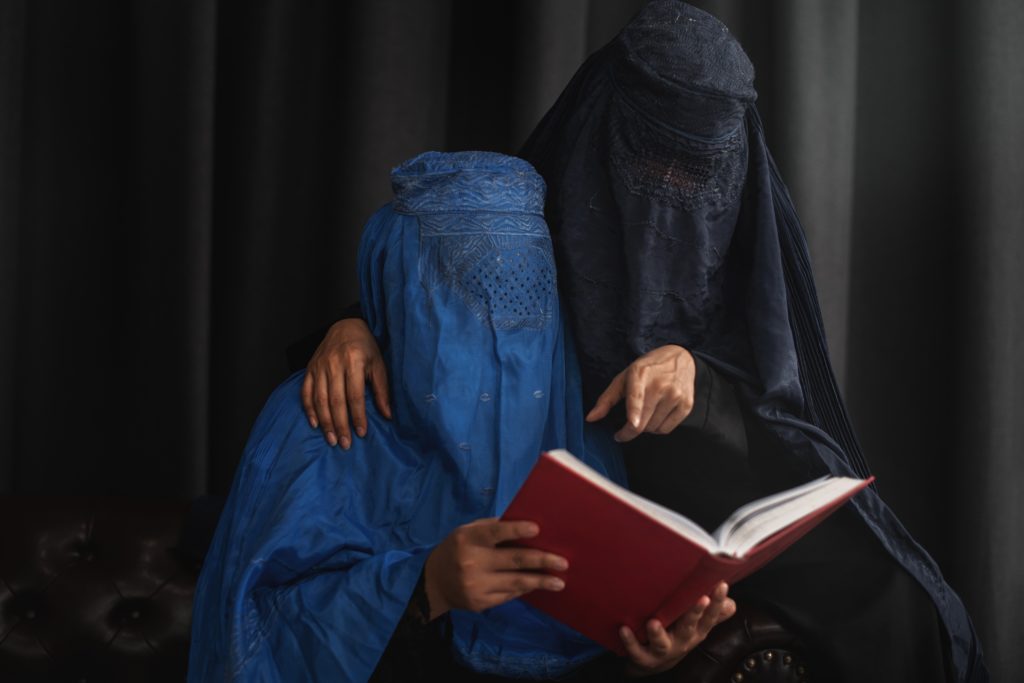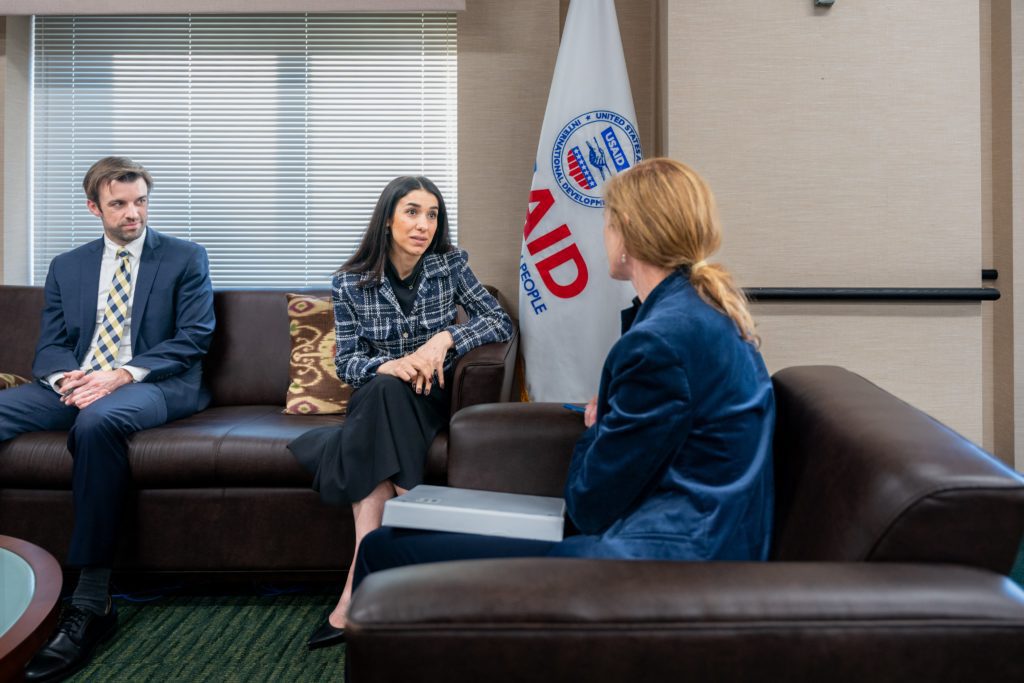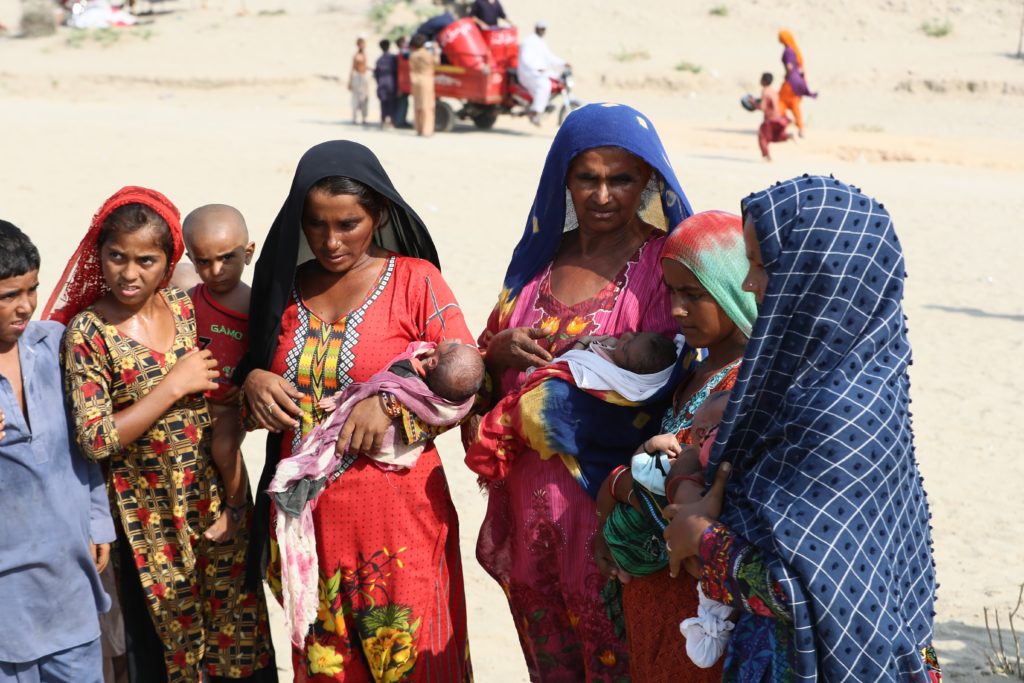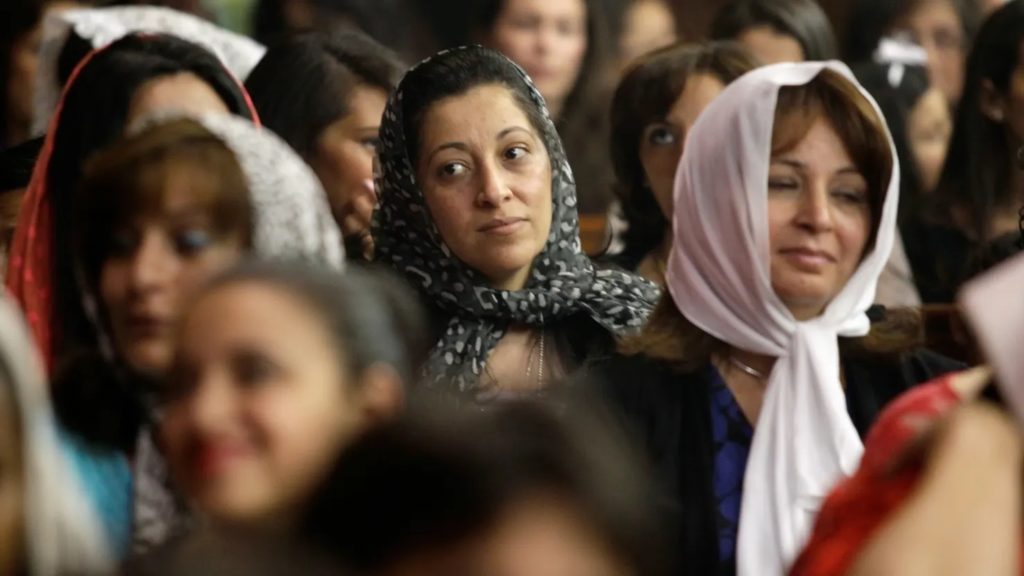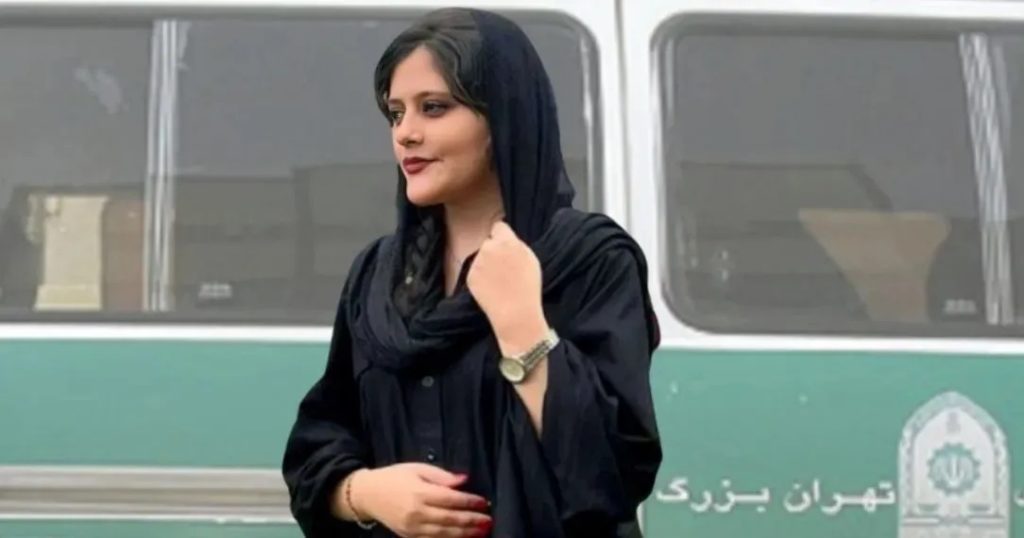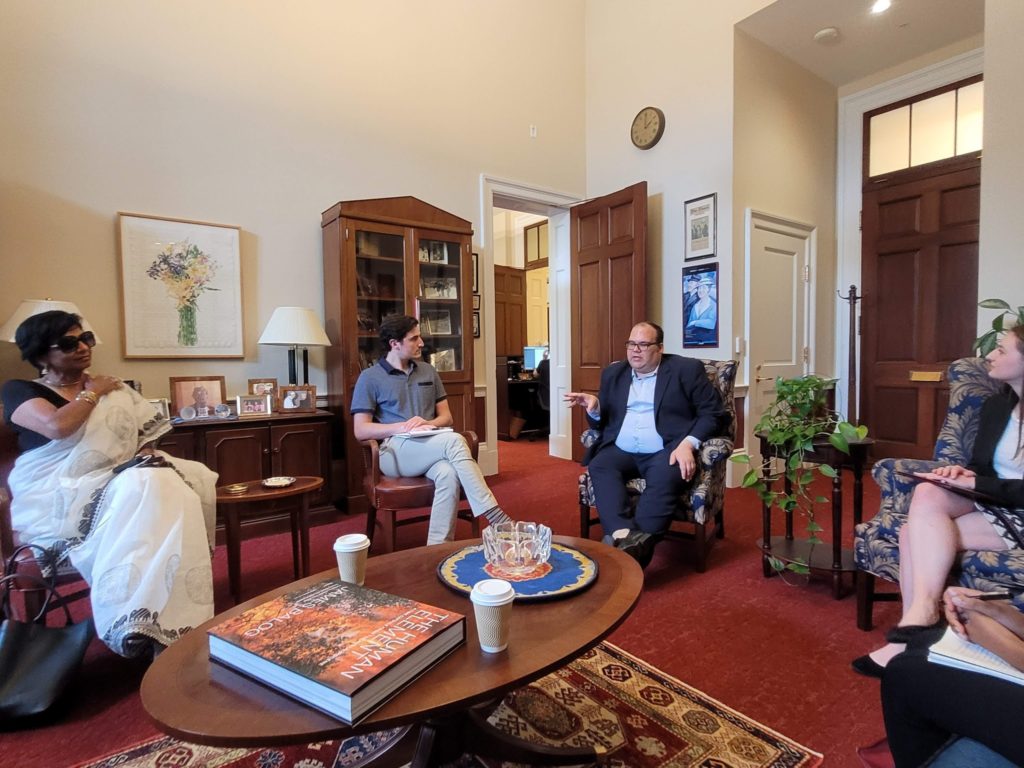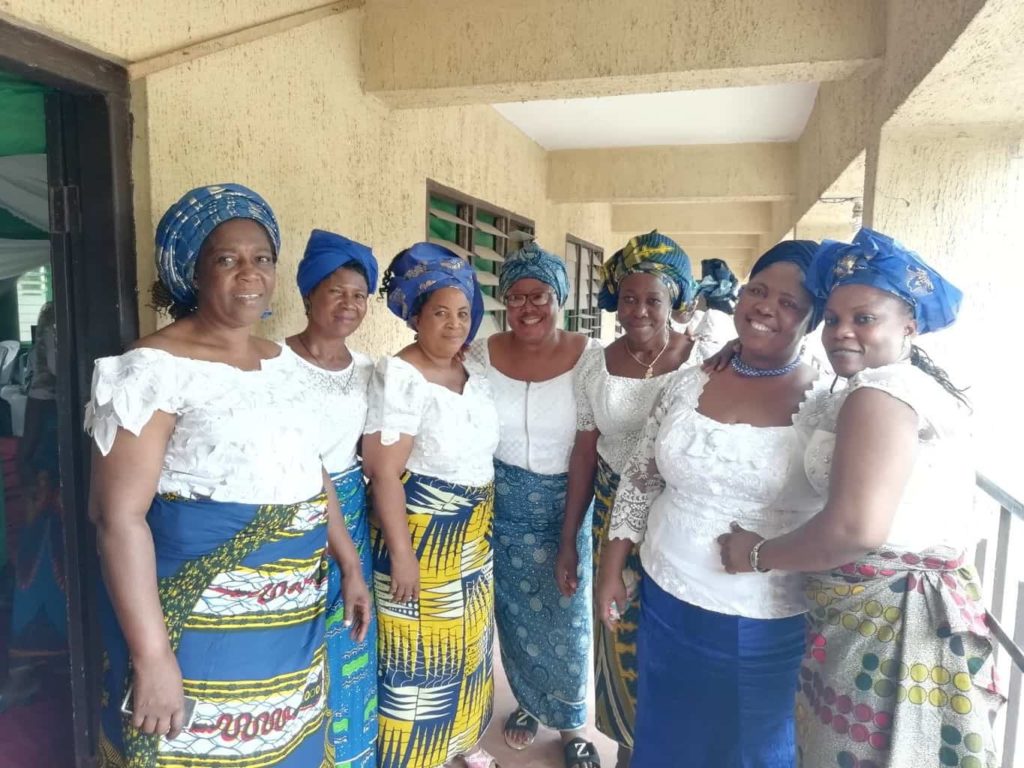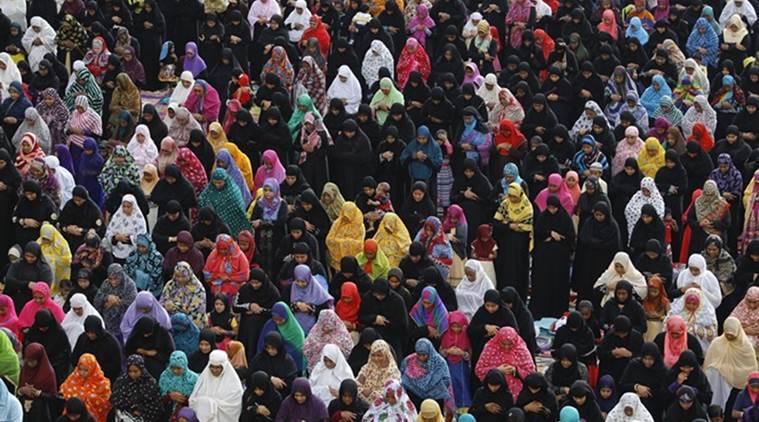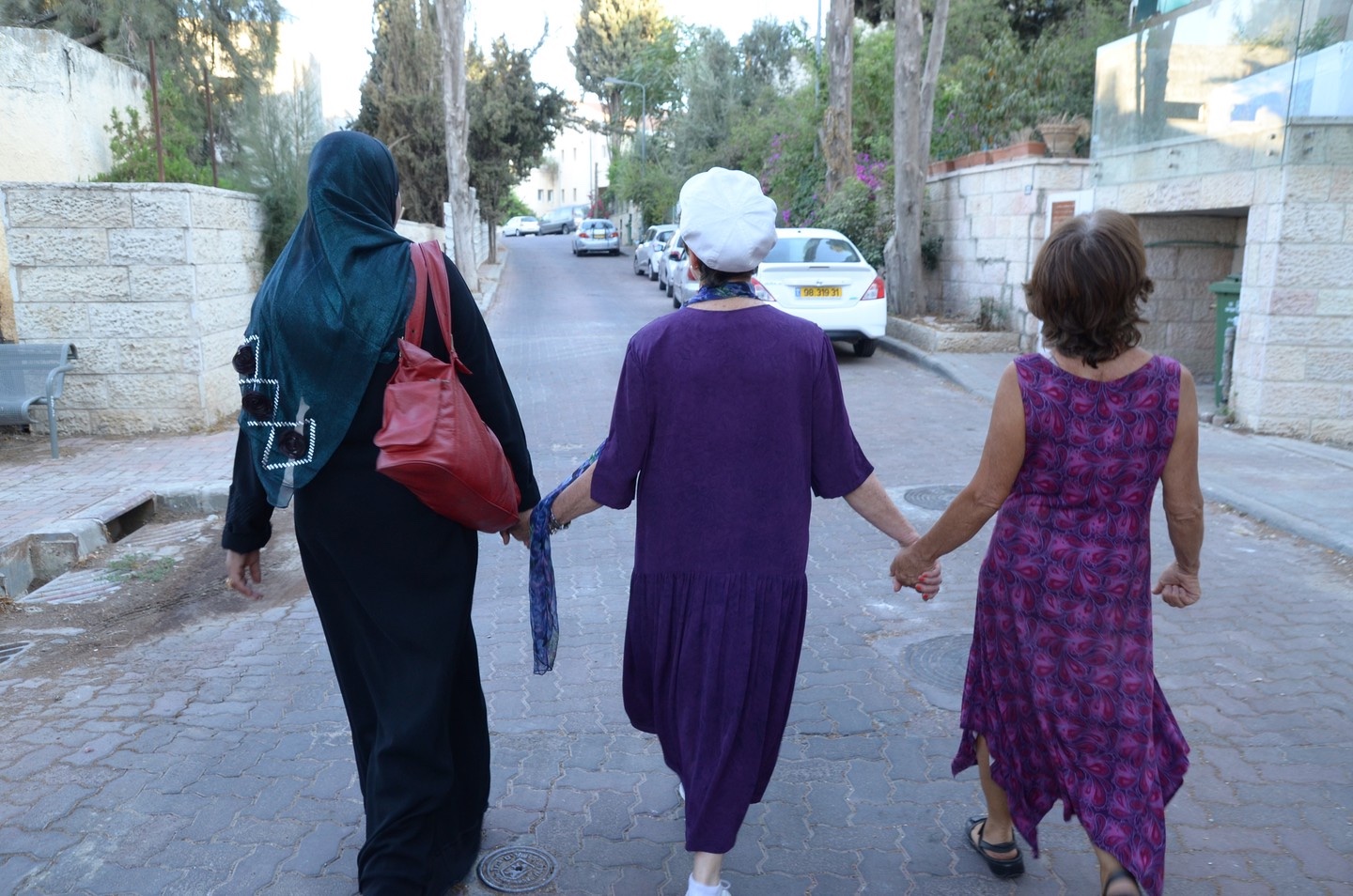My name is Kimneijou Rosy Lotjem, and I live in Manipur, a state in northeast India. Manipur means land of gems, but these days, we are known more for intense ethnic conflict. Throughout my district of Kangpokpi, thousands of internally displaced persons (IDPs) find shelter but little hope in overcrowded relief centers. The troubles here have been characterized as a religious conflict between Hindus and Christians, but in reality, this hostility is nothing short of state-sponsored ethnic violence by the majority Meitei community against the minority Kuki tribe.
The people of Manipur follow or identify as either Hindu or Christian, which contributes to the misdiagnosis of the nature of the current conflict. Often, our ethnic identities are linked to our religion: the Kuki are predominantly Christian, while the Meitei are largely Hindu, except for a small number who practice Christianity. While faith differences contribute to unrest in the region, much more than a clash of religions underpins the current hostilities.
The conflict began in May 2023. Some of the first buildings attacked and burned were Kuki churches. These were not merely attacks on religion, but on ethnic identity as well. Destroying places of worship sends a strong message that Christianity is not an acceptable religion in Manipur.
The Kuki people comprise just 16 percent of Manipur’s population. As a minority tribe and a minority religious group, the Kuki experience tremendous discrimination. The government—under the leadership of the Bharatiya Janta Party (BJP)—provides little empathy for or solidarity with the Kuki. Even more troubling, the BJP-led government lacks the commitment to resolve the conflict. At the same time, the media in India is biased in its reportage. Kuki and Christians lack representation in media reports, which are notoriously one-sided.
A few years before the violence in Manipur broke out, I had returned to Manipur from Delhi to care for my ill mother. Then, when the hostilities began, I found myself an early victim. I sought help from a Meitei family who bravely rescued me, hiding me in their house for two nights until I was able to escape and return to my own home. On the first night of unrest, the government shut down mobile internet across the entire state, making it extremely challenging to get information into and out of Manipur. As victims, we could not share our stories with each other or the outside world. Nor could we get accurate information about what was happening around us.
In the beginning of the conflict, many of us did our best to write blogs and collect stories from the different relief centers. As we visited these centers, the first thing to capture our attention was the shocking and dire condition of the babies and lactating mothers struggling in camps that were overcrowded and lacking basic amenities. Local government schools were used as makeshift camps. These facilities were not designed to house people even temporarily, but here, as many as four families were—and still are—crammed into a single classroom.
Girls and women in particular have had to adjust, as they are left without any choices. To be ripped suddenly from the safety of your own home and forced into a cramped space with people who are not even your family is a brutal reality. Added to this, an insufficient number of toilets and bathrooms and an overall lack of privacy remain the biggest challenges in these makeshift camps. These perilous conditions impact girls most severely, as they are left with no safe space of their own.
To provide some relief, a small team of women started crowdfunding to purchase essential items like baby food, diapers, baby soaps, shampoo, vitamins/tonics, first aid kits, electric kettles, thermoses, additional snacks for the mother, hot water bottles, and clothes for the babies.
In addition to a lack of basic necessities, the healthcare system in the district has been alarmingly inadequate. It cannot cater to the needs of the many sick and injured people who have been transported to the district headquarters since the conflict began. At best, the district hospital was only able to provide first aid services, so in the early months, we would go to Imphal City for our medical needs.
In response to the medical crisis, our small team of women also started a crowdfunding program for Mission Hospital, one of the oldest hospitals in Kangpokpi district. The hospital had been neglected for decades due to a lack of patients, as well as management issues. With our financial support, the hospital was able to employ new doctors, who themselves had been displaced. The hospital has opened up additional departments and can now perform surgeries.
The women of our community have done our best in a grave situation. We are still trying to reach out to those in need whenever we can. We’ve organized rallies and demonstrations and have become the face of the women who have been abused or raped. We represent our sisters who are in no position to speak up for themselves.
Women in Manipur across all communities are overlooked in their representation and contribution. The men in our communities share a patriarchal mindset and often fail to register or even acknowledge the women, their roles, and their contributions. Education for women does not seem to have a very positive impact on the attitudes of our men; they think it is natural for women to be subservient to men. The prevailing opinion among the men is that they are meant to be served and women are meant to take orders. As such, women are not given space in leadership or at the decision-making level.
However, conflicts have a way of raising up women to be leaders; not all issues can be addressed by men. There are spaces or topics where only a woman can speak with authority and authenticity. Our women have witnessed and experienced many atrocities. Only a woman can empathize and relate to such incidents and at the same time speak with the same level of pain. Despite a lack of acknowledgment by men, we women continue to do what we do and focus on the needs around us.
There have been many visits from different women leaders across India to show solidarity with the women in Manipur. Some have brought gifts of cash and given it to women. Others have written about their stories or organized rallies to highlight the situation. A few have helped us write and submit memorandums to the concerned authorities. The visits from these women and their show of solidarity have been a great source of strength and hope for the women from this region. They have been the true gems of Manipur in these perilous days.
Ms. Lotjem earned a Ph.D. from Jawaharlal Nehru University, New Delhi. She studied International Relations at the Centre for East Asian Studies, specializing in Japanese Studies. Afterward, she worked at the University and Research Institute in Delhi before her return to Manipur.
